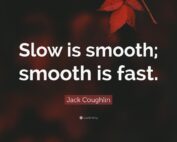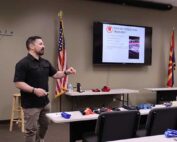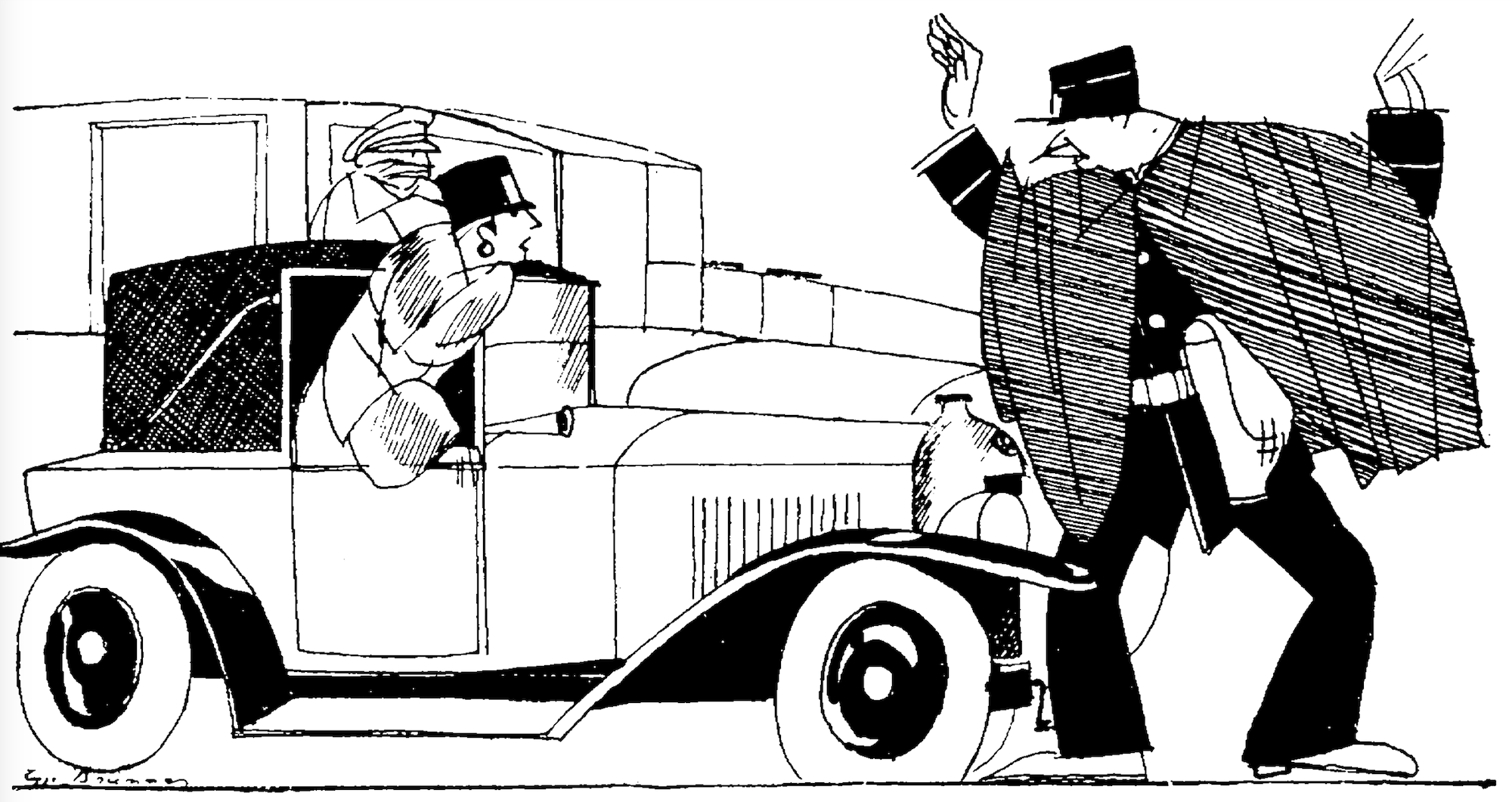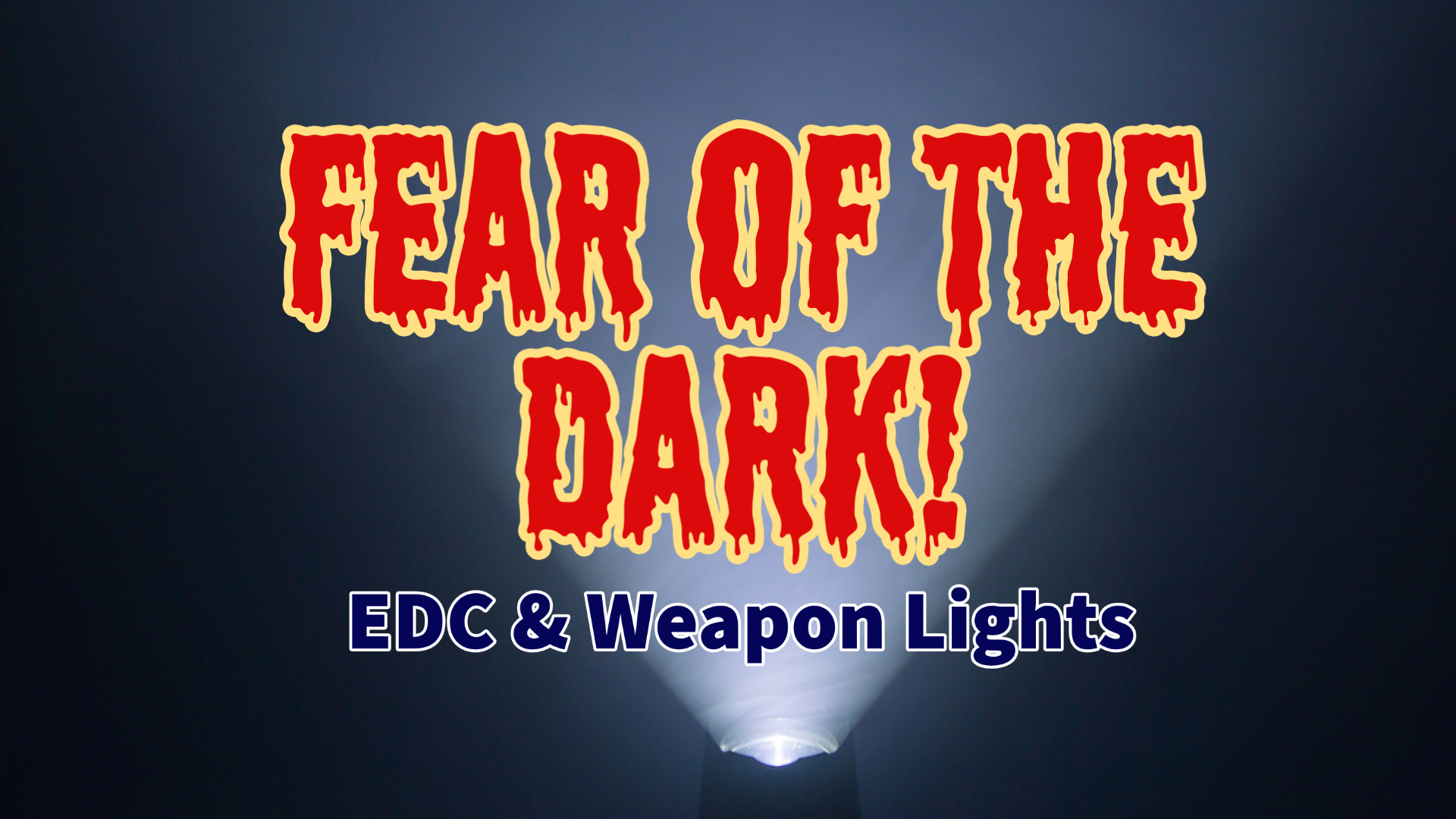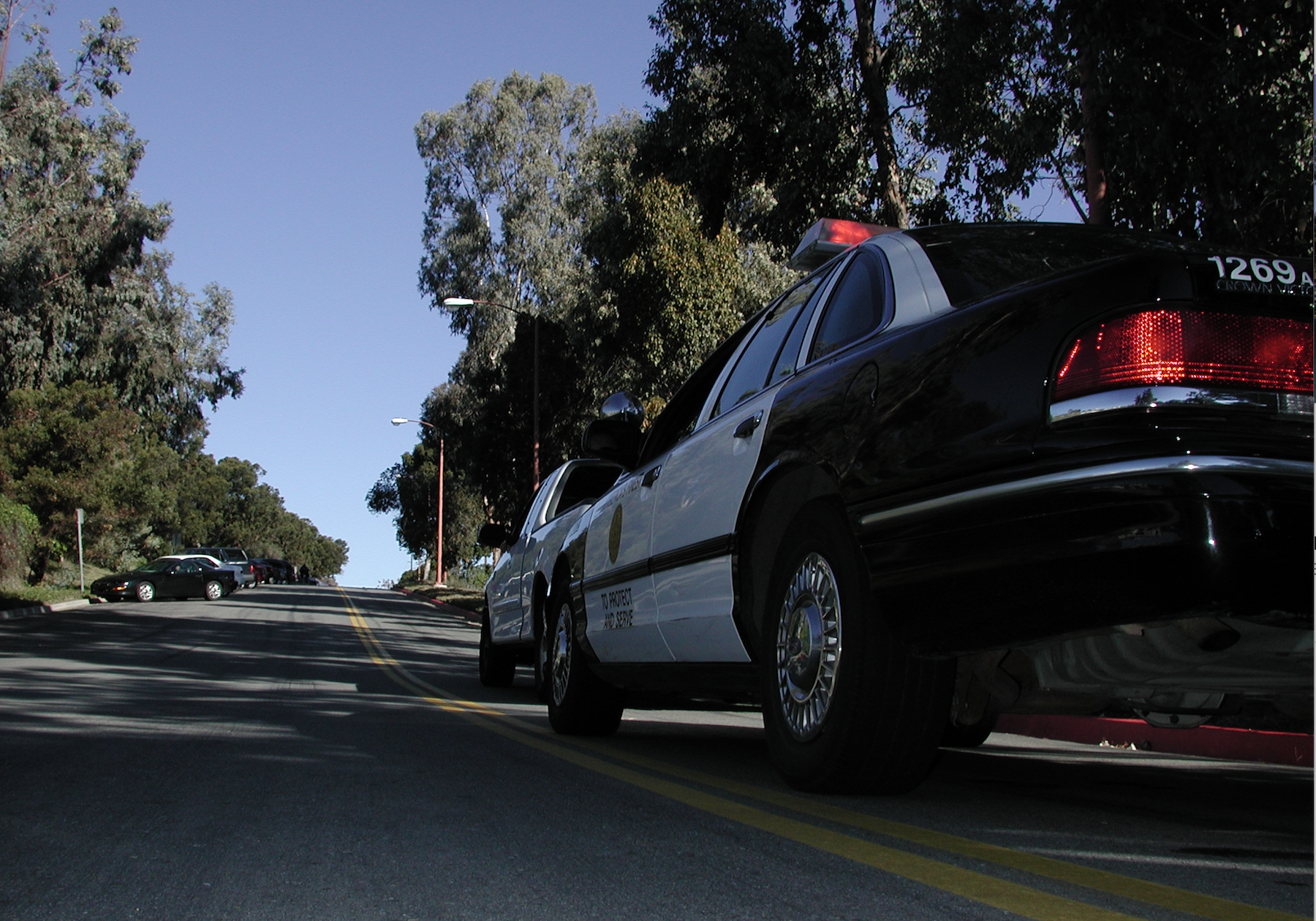
VANTAGE-CHIEF
My law enforcement career, reserve and full time combined, is now rapidly approaching 50 years in length. That’s a long time, and it certainly means I’m getting old, but all this experience doesn’t necessarily mean I’m always right. It provides me with a basis for comparing how things used to be to how they are today — something newer members of our profession may not be able to do as readily. For example, I can compare the ills once characterizing law enforcement to the level of professionalism we’ve attained and, now, to a whole new set of ills that appear to be upon us.
Early in my career I worked in a high-crime rate minority population area of Los Angeles County. I had the opportunity to work with a deputy sheriff who was the very first of that particular minority to be assigned to my patrol station. From his accounts, as well as having grown up in the same area myself, I knew of the discrimination that used to occur. For much of the last century, law enforcement treated minority citizens differently than the majority population. Today, even the youngest members of our profession should have a feel for the ills that beset “pre-professional” law enforcement, as they’re well documented in our history books.
From the early 1960s until the present day, law enforcement has made a concerted effort, largely successful, to become more professional. As a consequence, citizens should expect a fair and impartial exercise of authority with neither prejudice towards, nor preferential treatment of, people based upon race, ethnicity, national origin, religion or any other individual characteristic. Unfortunately, things seem to be in the process of changing and I find it reprehensible, doing a huge disservice to our nation and law enforcement.
What is this change? It’s perhaps best described as reverse discrimination in which some people, based upon race, ethnicity or national origin are actually receiving preferential treatment, and it’s all because of a fear on the part of some police leaders that we might offend someone. And given today’s emphasis on political correctness (a term I’m tired of having to use), we certainly can’t have that! Let me provide a few examples.
Oh My!
At the federal level is the much-discussed incident during a recent election when members of the New Black Panthers physically intimidated voters outside an election precinct. In the pre-professional era it might well have been KKK members intimidating blacks without any intervention by law enforcement. During what I call the era of professional law enforcement, cops would have intervened in any case of intimidation, but it’s not so today in some places.
During the professional era of law enforcement, agencies at different levels of government worked together cooperatively and without politics or prejudices entering into the decision-making process. Sadly, this no longer appears to be the case. For example, LAPD Chief Charlie Beck recently announced his agency would not turn over illegal immigrants arrested for low-level crimes to ICE for deportation. He’s also previously spoken in favor of issuing driver’s licenses to illegals, too.
Recently, in a large Midwest city, Islamic protestors pelted a group of non-violent Christians with rocks and bottles, causing injuries to several. This behavior, amounting to a felony crime, was clearly and objectively captured on video by local media. Police were present yet did nothing to stop the assaults or apprehend those committing them. When asked why, the police spokesman stated they didn’t want to further agitate the Islamists. So let me get this straight: People are assaulted, we do nothing and the net result is the criminals, not the victims, get preferential treatment. Really?
Danger! Warning!
These few examples (and there are many more), illustrate the slippery slope upon which our officers are being made to walk. When law enforcement leaders make enforcement decisions based upon who might be the subject of enforcement rather than on the basis of whether laws are being violated, we engage (in reverse) in the same sort of shameful and harmful discrimination, which occurred particularly in the South prior to the Civil Rights Act of 1964. Deciding whether to enforce laws on the books, or whether to assist another agency in doing so, based upon political considerations is patently unprofessional. If it keeps up and expands, as it appears to be doing, the professional reputation of all law enforcement, which took decades of hard work to build, will be destroyed much more quickly than it was created.
If chiefs or sheriffs have heartburn over the legitimacy of certain laws, they should seek to have those laws changed. To arbitrarily decide not to enforce laws with which they disagree (for any reason) is totally contrary to the oath of office we took when we entered this profession. In short order, the actions of law enforcement leaders who play politics rather than do police work will be the downfall of law enforcement, as many of us have known it. And it will erode the trust the majority of our citizens have placed in us.
The author may be contacted with comments or suggestions for future columns via [email protected]
By Jerry Boyd
View The American COP April 2013 Issue Now!




